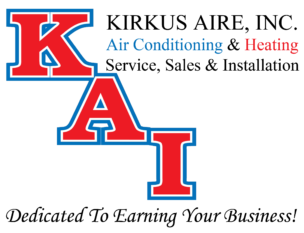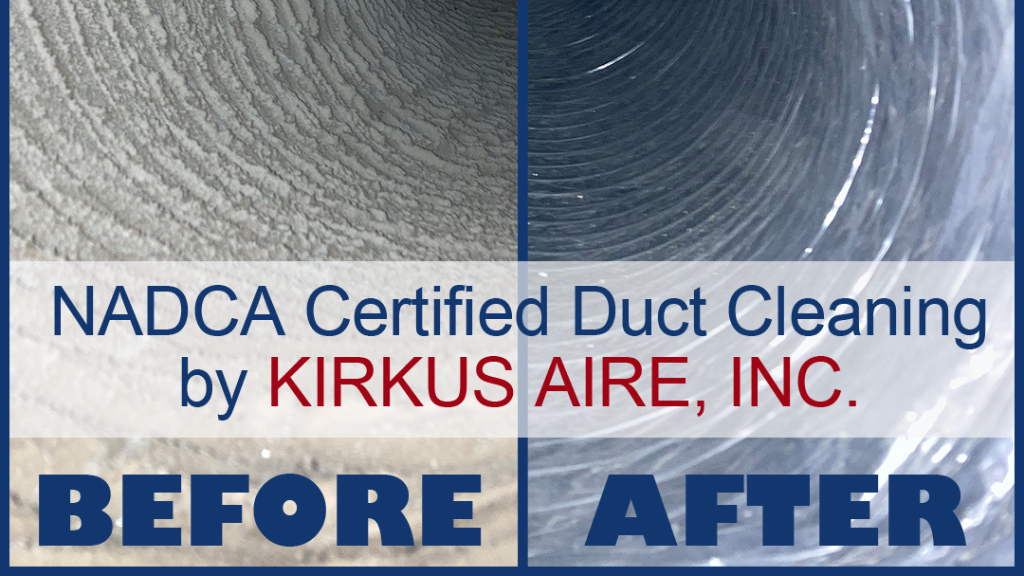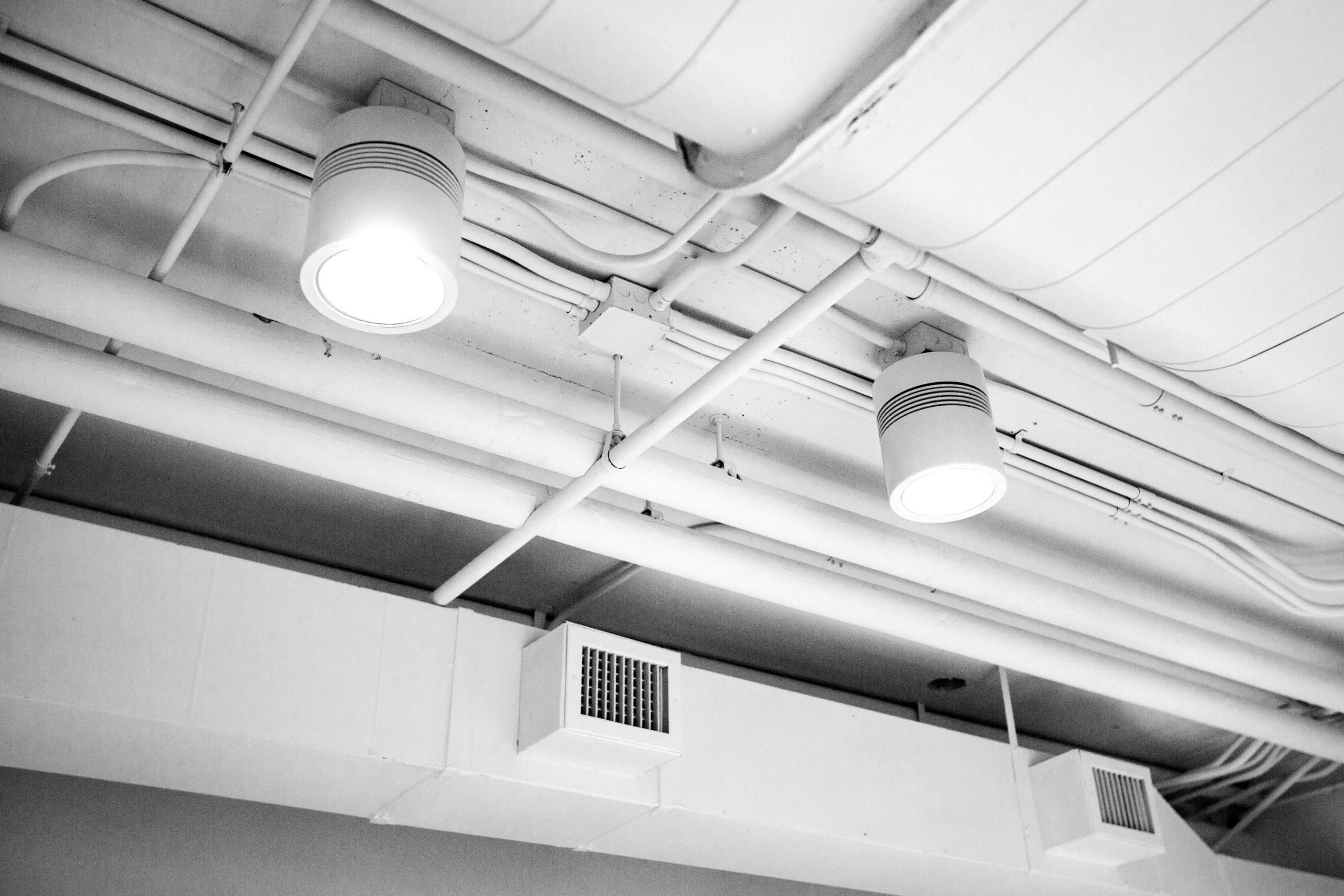Creating a healthy home environment is crucial for both comfort and overall well-being. One critical aspect of this is ensuring that your home maintains high-quality indoor air. Effective strategies to achieve this involve regular maintenance of your air conditioning system and improving the air quality it circulates. Below, we explore various tips and techniques, focusing on air duct cleaning.
Understanding the Role of Air Filters in Your Home
Air filters serve a dual purpose in your AC system: they maintain air quality by trapping dust, pet dander, and other particulates, and they protect the system itself from accumulating debris. Contrary to popular belief, the most expensive filter isn’t always the best option. High-end filters can restrict airflow too much, forcing your AC system to work harder than necessary, which can reduce efficiency and increase energy consumption. Choosing the right filter involves considering the specific needs of your system and balancing filtration efficiency with airflow dynamics. This is where a professional HVAC contractor can guide you, offering customized recommendations based on your system’s specifications and your home’s air quality needs.
The Importance of Regular HVAC Maintenance and Air Duct Cleaning
To keep the air in your home clean, it is crucial to maintain your HVAC system regularly. Over time, air ducts accumulate dust and debris, which can negatively impact air quality. Regular air duct cleaning helps remove these contaminants, improving the air that circulates throughout your home, as mentioned in, Why and How Often Should I Have Air Duct Cleaning Done? . Annual maintenance checks also play a crucial role in preventing mold and mildew within the system, which can contribute to poor air quality. In humid areas, such as North Port, FL, the risk of mold and mildew growth is higher, making it even more critical to have a HVAC contractor inspect and clean your system annually.
Technological Enhancements to Improve Air Quality
Recent advancements in HVAC technology offer new ways to improve indoor air quality:
- Ultraviolet Light Systems: UV light systems are becoming increasingly popular for their ability to neutralize harmful bacteria, viruses, and mold inside air ducts. By integrating these systems into your HVAC, you ensure that the air circulated throughout your home is not only cool but also clean and healthy as referenced in, “Changes Are Coming to the HVAC Industry”.
- Smart Thermostats: Modern smart thermostats go beyond simple temperature adjustments. They analyze usage patterns and adjust heating and cooling operations automatically, enhancing both comfort and energy efficiency. These systems can significantly reduce the strain on your HVAC, extend its lifespan, and maintain better air quality.
- High-Efficiency Filters: As mentioned in, “What Grade of Filter Should You Use in Your Home?” The latest high-efficiency filters can trap finer particles without restricting airflow, which is essential for maintaining both good air quality and energy efficiency in your home. These filters are especially beneficial for homes in areas with high allergen levels or those with pets.
Air Quality Matters: Tips for a Healthier Home Environment
Creating a healthy home environment is crucial for both comfort and overall well-being. One critical aspect of this is ensuring that your home maintains high-quality indoor air. Effective strategies to achieve this involve regular maintenance of your air conditioning system and improving the air quality it circulates. Below, we explore various tips and techniques, focusing on air duct cleaning and hiring a reliable HVAC contractor.
Understanding the Role of Air Filters in Your Home
Air filters serve a dual purpose in your AC system: they maintain air quality by trapping dust, pet dander, and other particulates, and they protect the system itself from accumulating debris. Contrary to popular belief, the most expensive filter isn’t always the best option. High-end filters can restrict airflow too much, forcing your AC system to work harder than necessary, which can reduce efficiency and increase energy consumption. Choosing the right filter involves considering the specific needs of …
The Importance of Regular HVAC Maintenance and Air Duct Cleaning
Maintaining your HVAC system through regular check-ups and cleanings is not only about comfort but also about health and efficiency. Over time, air ducts can accumulate substantial amounts of dust, pollen, and other allergens, negatively impacting air quality and potentially leading to respiratory problems. Regular air duct cleaning helps remove these contaminants, improving the air that circulates throughout your home as mentioned in, “How to Extend the Life of Your Air Conditioner”.
The Environmental Protection Agency (EPA) suggests that indoor air can be up to five times more polluted than outdoor air, making regular maintenance of air handling systems crucial for maintaining indoor air quality. The buildup in air ducts can also serve as a breeding ground for mold, bacteria, and other pathogens which can be detrimental to health, particularly for those with respiratory conditions like asthma. Annual maintenance checks can prevent these issues by ensuring that mold and mildew are not allowed to grow within the system.
Technological Enhancements to Improve Air Quality
Advancements in HVAC technology offer new ways to improve indoor air quality:
- Ultraviolet Light Systems: According to, “Can Air Conditioning Make You Sick?” UV light systems are becoming increasingly popular for their ability to neutralize harmful bacteria, viruses, and mold inside air ducts. By integrating these systems into your HVAC, you ensure that the air circulated throughout your home is not only cool but also clean and healthy.
- Smart Thermostats: Modern smart thermostats go beyond simple temperature adjustments. They analyze usage patterns and adjust heating and cooling operations automatically, enhancing both comfort and energy efficiency. These systems can significantly reduce the strain on your HVAC, extend its lifespan, and maintain better air quality as mentioned in,”What’s New in Air Conditioning Technology?” .
- High-Efficiency Filters: The latest high-efficiency filters can trap finer particles without restricting airflow, making them an excellent choice for maintaining high air quality without compromising system performance.
Additional Measures to Enhance Indoor Air Quality
- Ventilation Improvements: Proper ventilation is essential for maintaining good indoor air quality. Systems like ERVs and HRVs can help by exchanging stale indoor air with fresh outdoor air, without sacrificing energy efficiency.
- Reducing Indoor Pollutants: Reducing the use of products that emit volatile organic compounds (VOCs), such as certain paints and cleaners, can significantly improve indoor air quality. Opting for low-VOC products is a simple yet effective way to keep your home’s air clean as referenced in, “How to Improve Indoor Air Quality?”
- Houseplants: Adding houseplants can beautify your space and improve air quality. Plants such as the spider plant, snake plant, and peace lily can absorb pollutants and produce fresh oxygen.

How Poor Air Quality Affects Health and What You Can Do
Poor air quality in your home can lead to several health issues, from allergies and asthma to poor sleep and low energy. To combat this, ensure regular maintenance of your HVAC system. Keeping air filters clean and choosing the right type can significantly reduce the amount of dust, dander, and other allergens in your home. Additionally, regular cleaning of pet areas and minimizing the use of indoor pollutants such as tobacco smoke and certain cleaning agents can drastically improve the quality of your indoor environment.
According to the World Health Organization, around 3.8 million premature deaths annually are attributed to indoor air pollution. Indoor pollutants like radon, carbon monoxide, and chemicals from household cleaners can exacerbate or lead to the development of chronic respiratory diseases, cardiovascular diseases, and even cancer. Implementing measures such as proper ventilation, regular use of air purifiers, and maintaining a smoke-free environment can significantly mitigate these risks and improve overall indoor air quality.
Engaging a Professional HVAC Contractor
Consulting with a professional HVAC contractor is advisable to ensure your HVAC system is properly maintained and upgraded to meet the latest standards. These experts can provide tailored advice based on the unique aspects of your home and regional climate, helping you choose the right technologies and strategies to maintain optimal indoor air quality.
Engaging a Professional HVAC Contractor
Consulting with a professional HVAC contractor is advisable to ensure your HVAC system is properly maintained and upgraded to meet the latest standards. These experts can provide tailored advice based on the unique aspects of your home and regional climate, helping you choose the right technologies and strategies to maintain optimal indoor air quality.
Consulting with a professional HVAC contractor is crucial for maintaining your HVAC system effectively. Here are some dos and don’ts when engaging a contractor:
Dos:
- Do your research: Before hiring a contractor, research their background, reviews, and reputation in the industry. Make sure they are licensed, insured, and certified to perform HVAC work.
- Ask for references: A reputable contractor should be able to provide references from previous clients. Contact these references to learn about their experiences and the quality of work performed.
- Request detailed quotes: Always ask for detailed quotes that include the scope of work, materials needed, and the timeframe for completion. This will help you avoid any unexpected costs or misunderstandings.
- Check for certifications: Ensure that the contractor has all the necessary certifications, including those from reputable organizations such as the North American Technician Excellence (NATE).
- Discuss ongoing maintenance: Engage in a conversation about ongoing maintenance plans. A good contractor will offer regular check-ups and maintenance services to keep your HVAC system in top condition.
Don’ts:
- Don’t go for the cheapest option: While it might be tempting, the cheapest bid is not always the best. Low prices can sometimes reflect low-quality work or a lack of proper licensing.
- Don’t skip the contract: Always insist on a formal contract before work begins. This should outline every aspect of the job, including payment schedules, job specifics, and warranty information.
- Don’t ignore your instincts: If something feels off about a contractor or the details of the contract, don’t hesitate to look for someone else. Trusting your contractor is key to a successful engagement.
Ensuring good indoor air quality is essential for maintaining a healthy, comfortable home environment. Regular maintenance and the integration of new HVAC technologies play crucial roles in achieving this. By following the recommended guidelines and consulting with knowledgeable HVAC contractors, homeowners can effectively manage their indoor air quality, ensuring their living spaces remain safe, comfortable, and conducive to good health for all occupants.


